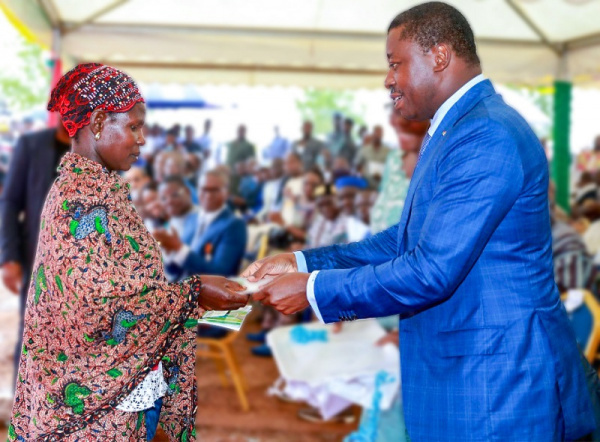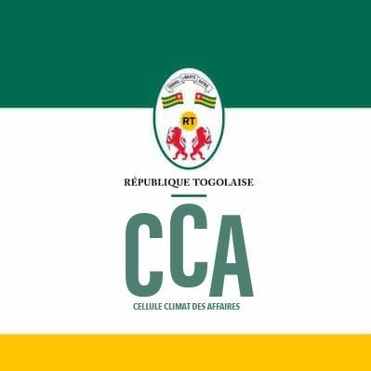Togo: IMF suggests replacing fuel subsidies with direct cash transfers to the poorest

(Togo First) - Togo may not immediately follow the recommendation for various reasons, ranging from its electoral calendar to persistent issues impeding the effectiveness of cash transfers.
The International Monetary Fund (IMF) has urged Togolese authorities to rethink their fuel subsidy strategy in favor of more targeted methods, such as direct cash transfers to vulnerable populations. This recommendation was part of a statement released on March 1, 2024, announcing a new disbursement of $68.3 million. The package falls under a 42-month program, including a $390 million Extended Credit Facility (ECF). The two sides reached the agreement last December.
"The authorities aim to make growth more inclusive by strengthening social spending and safety nets, as well as improving the living conditions of populations in the northern part of the country, complementing the military response to terrorism with a civilian response. In this context, it will be important to replace generalized fuel subsidies with more targeted and cost-effective measures to protect vulnerable people, including cash transfers," said Kenji Okamura, Deputy Managing Director and Acting Chair of the Bretton Woods institution's Board of Directors.
Cash transfers?
The IMF's suggestion comes at a time when fuel subsidies are widespread, a policy that local authorities have favored so far despite criticism of its effectiveness and economic impact. Since the COVID-19 pandemic, fuel prices in Togo have fluctuated significantly due to turbulence in global markets. Despite subsidy measures aimed at mitigating the economic impact on the population, pump prices have risen significantly. Government subsidies on petroleum products range from 178 to 233 CFA francs per liter, depending on the product, including unleaded gasoline, petroleum, diesel, and 2-stroke mix. "The subsidy intended to limit the burden of the increase has rather become a trap as it is increasingly significant" and benefits foreign actors. "Indeed, people come here to stock up and resell elsewhere," a source close to the matter told Togo First.
However, cash transfers, although financially supported by the World Bank, have not yet fully convinced Togolese decision-makers of their potential impact on beneficiary populations. Some voices call for reorienting funds towards initiatives that can create wealth, generate jobs, and engage citizens in productive activities, rather than relying on direct aid. "We already have programs such as the FNFI, which offer small loans, or more, to vulnerable populations. Why should some benefit from loans allowing them to engage in income-generating activities and repay them, while others would live on free money? This is not the equity we ardently desire," said an official.
Delicate political context
However, given its electoral calendar, Togo may have trouble following the IMF’s suggestion. The country is set to hold its next legislative and regional elections in April 2024, and the presidential elections early next year. Also, adopting a potentially unpopular measure such as removing subsidies and consequently a significant increase in pump prices could prove politically challenging, amidst the prevailing inflation. Already, the population views current prices as high.
In 2022, at the beginning of the Russo-Ukrainian crisis, which drove up oil prices and led to a readjustment of pump prices, the then Minister of Commerce, Kodjo Adedze, stated that "unleaded gasoline, if sold at the real cost, would cost 851 CFA francs per liter," adding that "the State spends nearly 256 additional francs to ensure that this product is available at the current price (595 CFA francs, editor's note)." Authorities have provided little information on the exact amounts spent on subsidies during a budget year in recent years, except for 2022, at the peak of the oil price hike. That year, it was reported that CFA25 billion had been spent on subsidies in the first semester.
Fiacre E. Kakpo






















